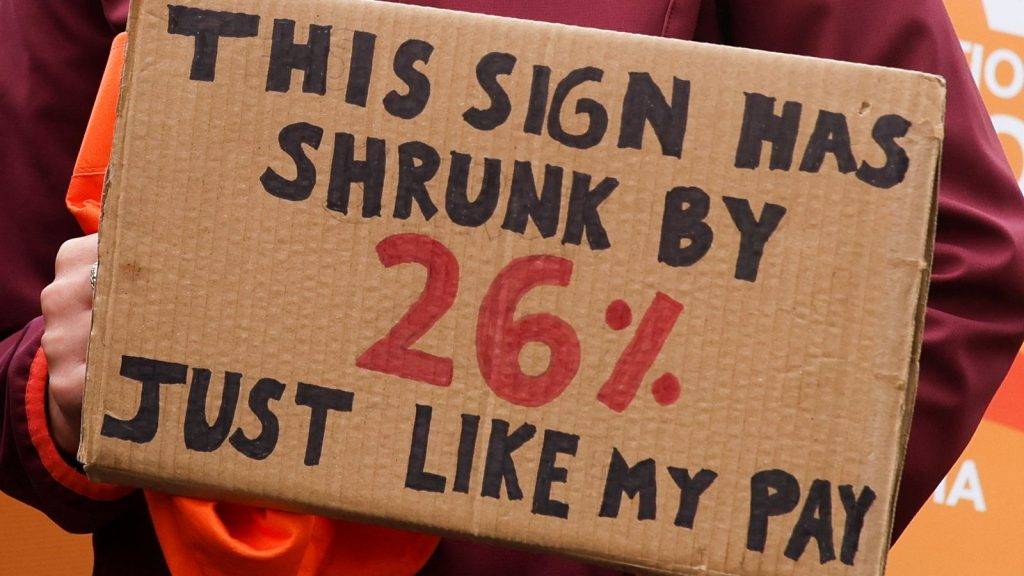Cliff Notes
- Negotiations between Health Secretary Wes Streeting and the BMA have stalled, leading to a planned strike by up to 50,000 resident doctors over pay disputes.
- The BMA demands a 26% pay restoration, citing 17 years of underpayment, while the Health Secretary claims a nearly 29% pay increase has already been implemented.
- Both sides remain deeply entrenched, with accusations flying regarding patient safety and responsibility, as local trust leaders prepare to mitigate the strike’s impact on non-critical care.
Labour doesn’t have the one thing striking doctors want | UK News
Last week as negotiations between the health secretary and BMA were under way to avert strike action. I was asked to stick my neck out and call it.
Wes Streeting is furious that his plans to fix a broken NHS are being undermined, and he will not want to be held to ransom.
What’s happening?
The BMA is demanding a 26% pay restoration. They say resident doctors have been underpaid for 17 years, that these medics earn around £18 per hour and they want that raised to £22 per hour.
Looking at it like that, it looks reasonable. But the health secretary says they have already had a pay rise of nearly 29%.
If you look at the dynamics: a Labour government, a health secretary who brought to an end two years of industrial action by junior doctors, an ambitious programme of NHS reform with a universally acclaimed 10-year plan. All positives, Wes Streeting was thinking, being in government is easy.
And this 10-year plan relies heavily on the goodwill of the NHS workforce, including resident doctors as they are now known.
For the BMA this way the optics don’t look good – and that could explain why there is considerably less support from the public for these strikes.
Why now?
The short answer is relevance, and to stop the government from reclassifying departments ( a way to get around the damaging stats) and cutting jobs. So now the BMA will come out fighting and won’t be compromising.
Expect the language to become more accusatory. Fingers are being jabbed. Each side blaming the other for putting patients’ lives at risk.
They will argue a cancer patient attending a pre-arranged appointment can be deemed urgent, so hopefully fewer patients will have their appointments cancelled.
The BMA will argue that this approach is unsafe for patients. With resident doctors striking and senior colleagues backfilling, there is not enough staff to protect patients from harm.
Mr Streeting will be determined to ensure the strikes aren’t as damaging as the last round.
Doctors in Wales, Scotland and Northern Ireland are not part of the pay dispute.


